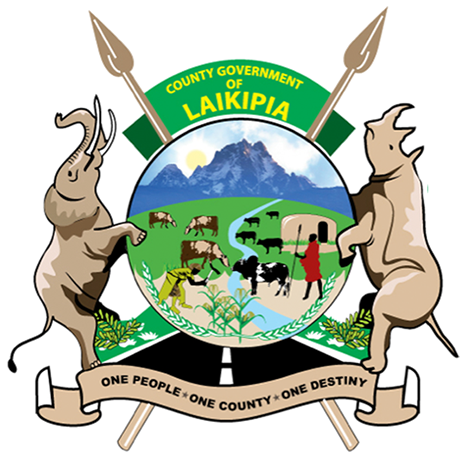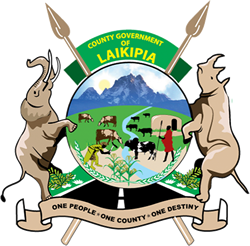How My Ebola Experience Helped NTRH Manage Covid 19
When Ishmael Mwangi was tasked with setting up and running the NTRH Covid-19 isolation unit last year, he understood immediately what he was getting himself into.
It was a repeat of his not-so-distant experience at the heart of a scary viral outbreak in West Africa just a few years ago.
In 2015, Mwangi found himself at the centre of a nerve-wracking health crisis experience - six months handling a raging Ebola epidemic that ripped through West African states, overwhelming health systems in the affected countries.
Little did the nurse know that this experience at the centre of a helpless situation as the epidemic tore through Sierra Leone and other countries would be valuable in his future career as a healthcare practitioner back at home.
When Covid-19 came calling, and with Kenya prepared for a possible full-blown outbreak, Mwangi could notice the scare in his colleagues who, unlike him, were about to handle a health crisis of this magnitude for the first time.
If his Ebola management experience would for once be useful, the young medic thought, it would be now. Seeing the fright in his colleagues to the point of considering quitting, the situation was reminiscent of his experiences alongside medics of diverse nationalities in West Africa back then.
We landed in Freetown to a very chilling welcome at a time the Ebola crisis was at its peak, and my immediate wish was to hop onto the next plane back home.
the medic recalls.
According to the nurse, the situation was so mortifying that the thoughts of him never seeing his family again started to haunt him.
During our intense preparations for Covid-19, I felt the need to use my own experience to build the much-needed morale among my team
the officer says. I could perfectly relate with what my colleagues were going through.
he adds.
Following intensive physical and mental preparations, he saw confidence build among his colleagues and support staff, and within a short time, the team was up and ready to face the pandemic.
By the time they received the first Covid-19 case on April 1 st 2020, the staffs were by then upbeat and ready for the task.
Mwangi's colleagues are quick to note his immense contribution to the positive start and sustainability of the isolation centre.
Catherine Mwenda, Senior Nursing Officer in charge of NTRH Covid-19 Isolation Unit, agrees that her colleague's experience with Ebola was a very timely asset when they went into treating Covid-19.
For us who had no previous experience managing such a highly infectious disease, we found his understanding an immeasurable asset.
the officer says.
Knowledge from books aside, experience from exposure is paramount in treating a disease like this.
Mr. Mwangi adds.
Mwangi's skills, attitude and exposure have been instrumental in the successful treatment of Covid-19 patients. Over one year down the line and has managed over 400 patients, the NTRH isolation unit's sustained observation of health and safety guidelines have yielded fruits. Only one of the staff has contracted Covid-19 so far. Going by the Nurse-in-charge's sentiments, this is not a mean achievement, having in mind the team's high risk operating environment.
Mwangi, who has a Head of State Commendation title to his name - Heroes and Heroines of Ebola in West Africa - says that as much as their physical prevention measures helped them keep their staff Covid-19 free, the nurse attributes this achievement more to mental preparedness. Frequent counselling, he says, has played a significant role in keeping the team going.
For us who are working here, being at the centre of the Covid-19 environment makes us extra cautious. We do not take chances here, and we employ extra cautionary measures that might not be in mainstream use.
the nurse says.
Some of the extra cautionary measures in use here include the use of chlorine-treated water for disinfection at entrances and exit points and surfaces, with this extending to frequent hand sanitization - gloved or not.
It's all about cutting the infection risks down to the minimum.
Mwangi says.
The isolation units nurse credits the hospital administration for sustained support that has enabled better Covid-19 response. In particular, the now rapid results for Covid-19 have enabled the unit to initiate life-saving treatments early.
The unit has a brilliant track record, having treated a huge number of patients to full recovery.

